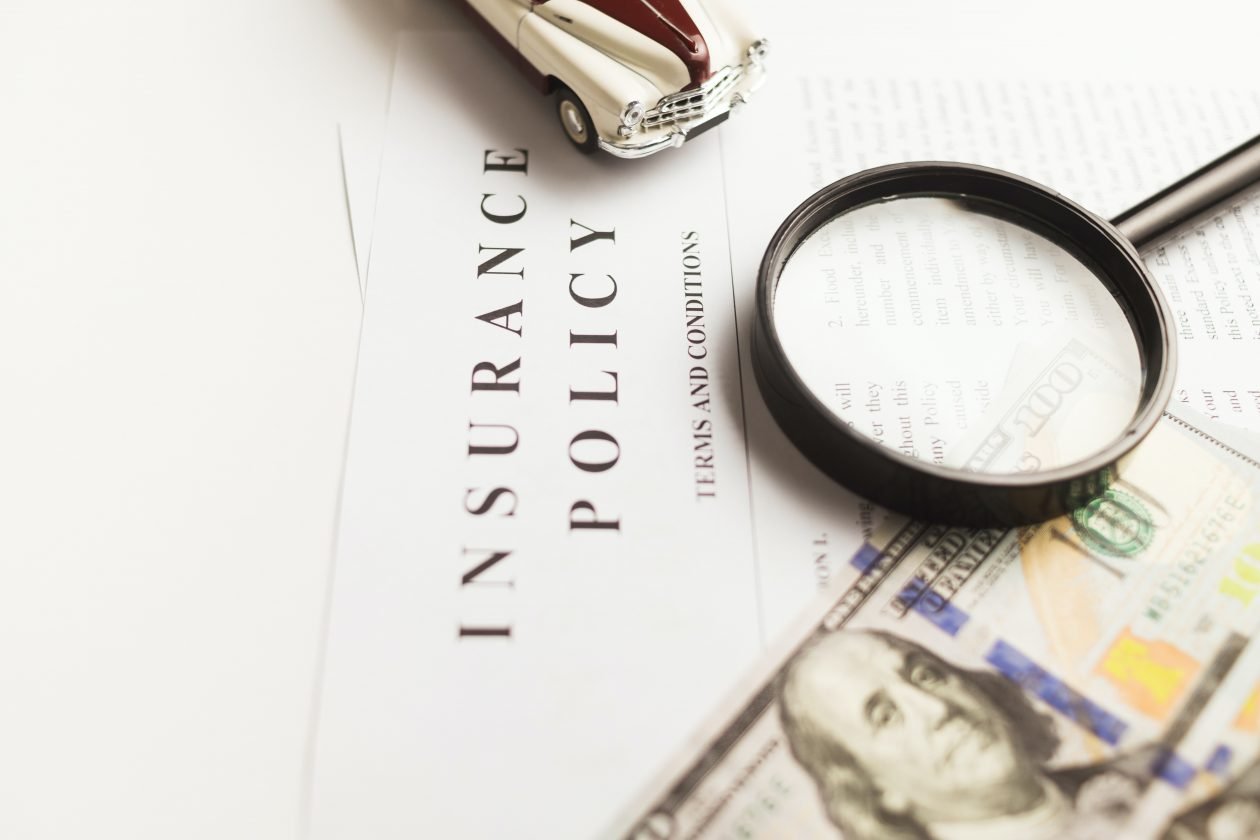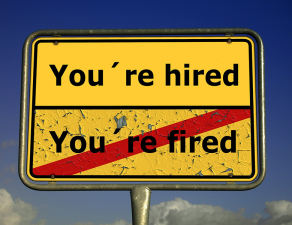
Guide Table of Contents:
- What is Personal Injury Protection (PIP) Insurance?
- PIP Insurance Coverage in Florida
- Eligibility for PIP Coverage in Florida
- Additional Recommended Insurance Coverage in Florida
- PIP Insurance vs. Health Insurance: Understanding the Differences
- How to Provide Accurate Insurance Information After a Car Accident in Florida
What is Personal Injury Protection (PIP) Insurance?
Personal Injury Protection (PIP) insurance is a type of coverage that provides financial protection for medical expenses, lost wages, and other accident-related costs resulting from a car accident. PIP insurance is a no-fault insurance system, meaning that regardless of who caused the accident, each party’s own insurance company is responsible for covering their medical expenses and lost wages up to the policy limits.
In Florida, PIP insurance is mandatory for all owners of registered motor vehicles with four or more wheels and a valid Florida license plate. PIP insurance is designed to provide immediate medical coverage to accident victims, allowing them to seek necessary medical treatment without delays or disputes over fault.
PIP Insurance Coverage in Florida
PIP insurance coverage in Florida extends beyond medical expenses and lost wages. It may also cover rehabilitation costs, funeral expenses, and replacement services, such as hiring someone to perform household tasks you are unable to do due to your injuries. The coverage limit for PIP benefits in Florida is typically $10,000 per person per accident, but this can vary depending on your insurance policy.
It’s important to note that PIP insurance only covers 80% of reasonable medical expenses and 60% of lost wages, up to the policy limit. The remaining 20% of medical expenses and 40% of lost wages are the responsibility of the insured party. It’s crucial to understand the specific coverage limits and restrictions outlined in your policy.
Eligibility for PIP Coverage in Florida
To be eligible for PIP coverage in Florida, you must meet certain requirements. Typically, anyone who owns a registered motor vehicle with four or more wheels and has a valid Florida license plate must carry PIP insurance. There are some exceptions, such as individuals who do not own a vehicle but frequently operate one.
Additional Recommended Insurance Coverage in Florida
While PIP insurance provides essential coverage, it may not be sufficient to cover all expenses resulting from a car accident. Supplementing your PIP insurance with additional coverage options such as bodily injury liability insurance, uninsured/underinsured motorist coverage, and comprehensive/collision coverage is highly recommended to protect yourself further. To enhance your protection, it is recommended to consider additional insurance coverage options in Florida, such as:
-
Bodily Injury Liability Insurance
This coverage helps protect you if you are at fault in an accident and the other party sustains injuries. It covers their medical expenses, lost wages, and other damages. If you are not at fault, the at-fault drivers Bodily Injury (BI) Liability Insurance should be accessible to cover the injuries sustained.
-
Uninsured/Underinsured Motorist Coverage
This coverage steps in if you are involved in an accident with an at fault driver who either doesn’t have insurance or has insufficient coverage. This helps cover your medical expenses and other losses resulting from an auto accident for which you are not at fault.
-
Comprehensive/Collision Coverage
These coverages protect your vehicle against damage from accidents, theft, vandalism, or natural disasters. Comprehensive coverage includes non-collision incidents, while collision coverage applies to accidents involving other vehicles or objects.
PIP Insurance vs. Health Insurance: Understanding the Differences
PIP insurance and health insurance serve different purposes and have distinct coverage parameters. While PIP insurance focuses specifically on injuries resulting from car accidents, health insurance covers a broader range of medical expenses.
PIP insurance provides coverage for medical expenses and lost wages resulting from a car accident, regardless of who is at fault. It offers quick access to medical treatment and helps cover immediate expenses.
On the other hand, health insurance covers medical expenses resulting from various situations, such as illnesses, injuries outside of car accidents, or routine medical care. It typically has a broader coverage scope and may include benefits like prescription medications and preventive care.
It’s important to understand the coordination of benefits between PIP insurance and health insurance. PIP insurance is considered primary coverage for accident-related injuries, while health insurance may act as secondary coverage. The specifics can vary based on individual policies, so it’s crucial to review your insurance documents or consult with your insurance provider or attorney to understand how the coordination of benefits works in your case.
How to Provide Accurate Insurance Information After a Car Accident in Florida
After being injured in a car accident in Florida, providing accurate insurance information is vital for a smooth claims process. Here are a few steps to follow:
-
-
Seek Prompt Medical Attention
Your health should be your top priority after a car accident. Even if you believe your injuries are minor, it’s important to seek medical attention promptly. In Florida, you have fourteen (14) days from the accident to seek medical treatment to preserve a personal injury claim. Delaying medical treatment can not only jeopardize your well-being but also create challenges when filing an insurance claim. Ensure you visit a healthcare professional who can assess and document your injuries accurately.
-
Continue Treating Injuries
Follow the treatment plan prescribed by your healthcare provider(s) diligently. Attend all scheduled appointments, therapy sessions, and rehabilitation programs. By adhering to your treatment plan, you demonstrate the seriousness of your injuries and your commitment to recovery. This documentation will be valuable when negotiating with insurance companies or seeking compensation for your medical expenses and pain and suffering. Learn more about medical treatment following a car accident, and what every patient should ask their providers on the Blog: 9 Questions To Ask Your Doctor After A Personal Injury
-
Report the Accident
Notify your insurance company about the accident as soon as possible. Provide them with accurate and detailed information about the incident, including the date, time, location, and a description of what happened. Insurance companies will typically request to schedule a recorded statement to get your account of the incident on the record. It is important not to admit any fault, minimize injuries, or give a statement that unknowingly impacts your claim. Follow any specific instructions given by your insurance company, such as submitting accident reports or medical records.
-
Consult A Personal Injury Attorney
It is beneficial to consult with an experienced personal injury attorney, especially if you have sustained significant injuries or the accident involved complex circumstances. An experienced attorney can guide you through the legal process, protect your rights, and ensure you receive fair compensation. They can also assist in gathering evidence, communicating with insurance companies, and negotiating settlements on your behalf.
-
Exchange Insurance Information
After a car accident, exchange insurance information with the other parties involved. Provide accurate details about your insurance company, policy number, and contact information. Likewise, collect the same information from the other parties. Additionally, obtain the names and contact details of any witnesses present at the scene.
-
Notify Your Insurance Company
Contact your insurance company as soon as possible to report the accident and provide them with accurate and detailed information. Be prepared to provide the date, time, and location of the accident, as well as a description of what occurred.
-
Share Insurance Policy Information with Medical Providers
When seeking medical treatment, provide your insurance policy information to healthcare providers, including your policy number and the contact details of your insurance company. This information ensures that the medical providers are aware of your PIP coverage and can bill your insurance directly for the services rendered. This step can help prevent delays or confusion in the billing process. Your Personal Injury Protection (PIP) coverage is considered primary insurance for accident related injuries, and your private health insurance, if any, is secondary.
-
Document Expenses and Preserve Evidence
Keep detailed records of all accident-related expenses, such as medical bills, prescription costs, transportation expenses, and any other out-of-pocket costs. Save receipts and invoices as proof of your expenses. Additionally, preserve any evidence related to the accident, such as photographs of the scene, damage to vehicles, and injuries sustained. These records and evidence can strengthen your insurance claim or potential legal case.
-
Cooperate with Your Insurance Company
Throughout the claims process, cooperate fully with your insurance company. Respond to their requests for information or documentation promptly and accurately. Keep a record of all communication, including dates, times, and the names of the individuals you speak with. If you have an attorney representing you, involve them in the communication with the insurance company to ensure your rights are protected.
-
Be Cautious When Dealing with Insurance Companies
If you receive calls or correspondence from the insurance companies of other parties involved in the accident, exercise caution. It is advisable to consult with your attorney before providing any statements or signing any documents. Insurance adjusters may try to minimize your claim, so having legal representation can help you navigate these interactions effectively.
-
Remember, providing accurate insurance information and documentation is crucial for a successful personal injury claim. By promptly seeking medical attention, continuing your treatment, consulting with an attorney, and cooperating with your insurance company.
Conclusion
In conclusion, understanding Personal Injury Protection (PIP) insurance is crucial when dealing with car accident personal injury claims in Florida. By familiarizing yourself with PIP coverage, eligibility criteria, recommended additional insurance options, and the distinction between PIP and health insurance, you can navigate the claims process more effectively. Remember to provide accurate insurance information after an accident to protect your rights and maximize your chances of receiving the compensation you deserve. Stay informed and ensure your insurance coverage provides comprehensive protection.



